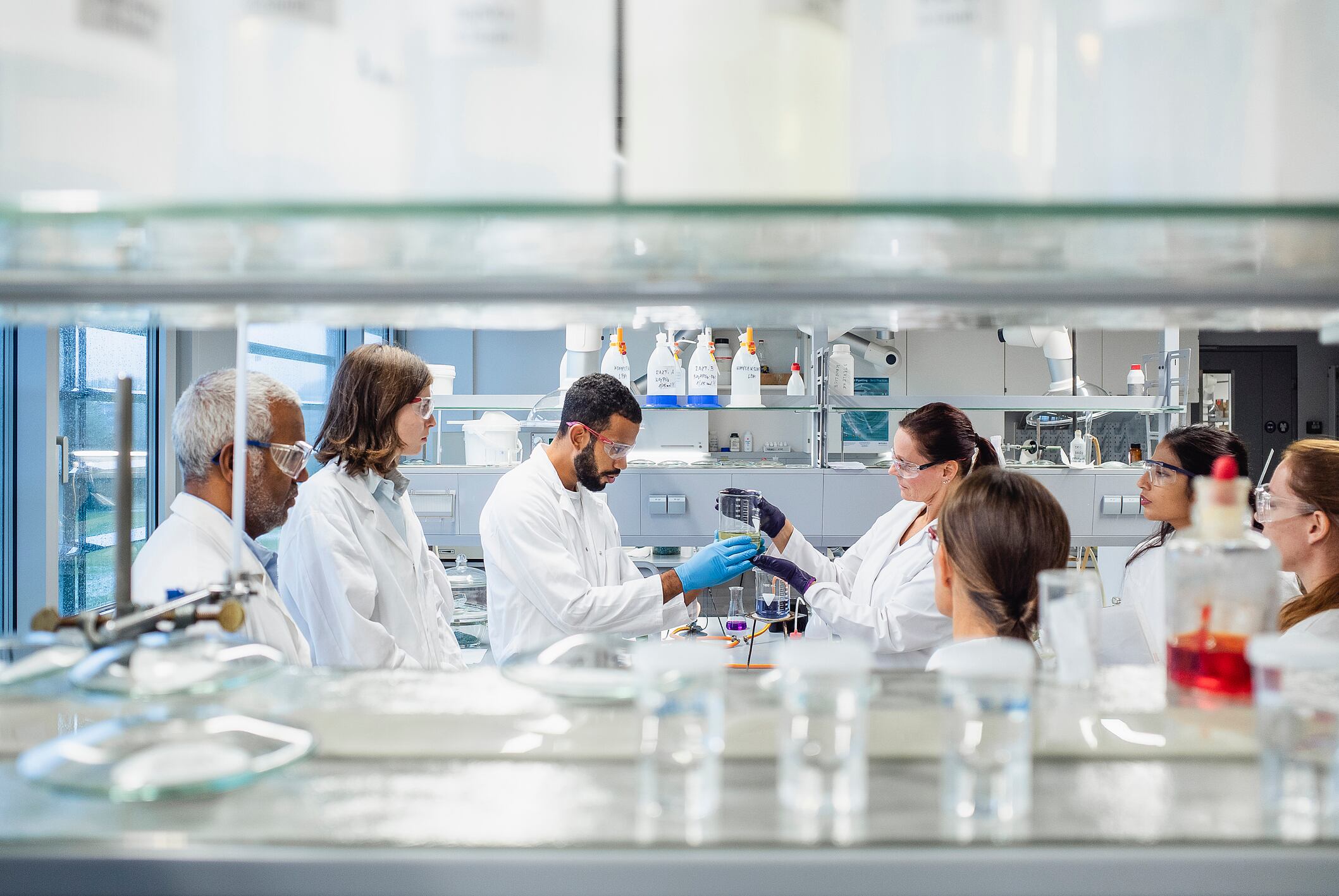Dr Emily Prpa, a nutrition scientist and Yakult’s science manager, gave her top tips for making science as simple as possible, but not simpler, as Albert Einstein famously advised.
“I’m a massive believer that science isn’t finished in the lab, in other words, it isn’t finished until it’s communicated... its the communication that can bridge the gap between science and practice
“These days many more scientists are understanding the importance of sharing their research outside the scientific community but given the current news cycle we are bombarded with news, and journalists are constantly looking for the next big headline to pull in the clicks.
“For that reason I think it’s important that we pause for a moment when we are so eager to get the news out there.”
Pitfalls in communication
Prpa said one of the biggest pitfalls in science communication, is over-simplification. Meaningful scientific results tend to be extremely complex and often the devil is in the detail.
She noted that conclusions from research which finds a correlation can be particularly susceptible to distortion.
“We know what a correlation or a relationship means, but others might think that X causes Y.”
She concluded: “Remember the audience you are speaking to and the language that we use as nutrition scientists - things that seem obvious to us often aren’t when it comes to the wider population.”
Collaborative working
Discussing the importance of communicating new research with health care professionals, she pointed out that this is one area where the industry plays a very important role.
“Health care professionals are viewed by the public as trusted and credible experts – they can often be the bridge between your science and the population - so it’s important they are up to date. This is where industry does a lot of work and we see more and more companies introducing health care communication departments."
Prpa noted there can be a bias against scientists working within the industry but industry-led research is extremely important to public health and society.
“If you take the pandemic for example, the vaccine was created by industry scientists - that’s a clear example of when scientific advances would not be made without industry scientists.
“But I know there is a problem of their credibility being questioned.”
Conflict of interest
She continued: “I know of papers being rejected because of industry affiliated scientists named as authors, alongside academic authors.
“This sends the message that science carried out by industry should nit, and cannot, be published, which I firmly do not agree with.”
She also pointed out that this makes no sense when it comes to funding opportunities as the majority of pathways to funding encourage, or in some cases even require, industry engagement.
What’s more, conflicts of interest or influences can arise from a wide variety of roles and activities other than job titles, which don’t need to be declared at the time of publication so some scientists may have undeclared conflicts of interest.
She notes a recent paper from Cambridge University Press which looked at the authors of the American dietary guidelines, who aren’t meant to have any conflicts with the industry.
"The report found 95% of the authors had conflicts of interest with the food or pharmaceutical industries or companies, and some had connections with multiple connections...
“This isn’t about pointing fingers but we need to have better monitoring and accountability at professional level when it comes to conflicts of interest.”
Science washing
Discussing the issue of ‘science washing’ in the industry, Prpa added this is another place where it’s easy to point the finger at industry.
“This is a term often used as a criticism of health and wellbeing companies, where a company might state something is ‘clinically tested’ and consumer will assume that means it has some sort of stamp of approval."
She noted that more and more, academic institutions are intertwined with commercial businesses.
“Academic publishers have huge revenues and they get more clicks when they have more interesting research. They have an interest in marketing themselves and their research if they are in the media that adds to their reputations.
“This puts academics under pressure to carry out research that is sexy, that will get picked up by the media.”
She posed: “We are cut from the same cloth and ultimately we have to move together, work together and together we will go further.”
Yakult
Discussing how closely Yakult works with academic scientists, she pointed out that the company’s science director Prof Bruno Pot works part time at Yakult and part time as a Professor at the University of Brussels.
"Both his affiliations undoubtable strengthen his skills and he's known as a leading expert in the field of microbiology and probiotics.
“Better yet, his experience allows him to better facilitate communication between academia and industry."


